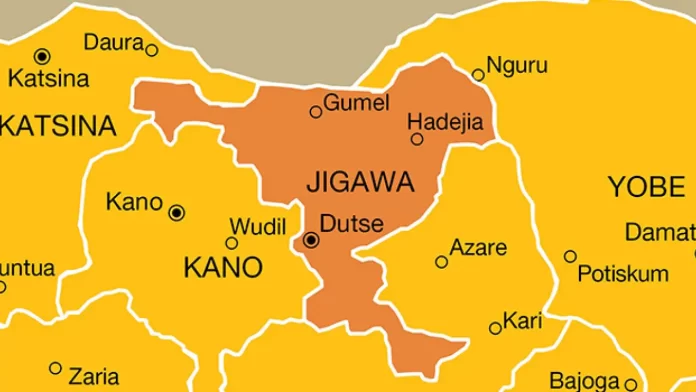BY SULE TAHIR, DUTSE
Embargo on employment over the years was bane to the financial strenght of the Jigawa state and local government contributory pension scheme.
This was disclosed by the chairman of the committee of experts constituted by the Jigawa state government to investigate the financial strenght of the scheme, Alhaji Mustapha Aminu while Presenting his Committee reports to Governor Umar Namadi at Govt. House, Dutse
“Employment gap has seriously affected the Jigawa state and local contributory pension scheme over the years.
“Civil servants are retiring every year, while some are dying yet there were no employment of new staff to replace them.
“If those contributing into the scheme are not being employed for years, the scheme has to shrined financially for lack of enough funds”, Aminu stressed.
He further explained that the main problems militating against the scheme are lack of employment, lack of remittance of eight months about N1.2 billion by the local government into the scheme.
He stated that another problem is lack of deduction at source because of the law put in place by the financial Intelligence Committee on salary.
The chairman also debunked the rumour making a rounds that the funds in the scheme was tempered with by some officials of the past government.
“No single Kobo was removed from the coffers of the scheme as rumoured.
“Before you withdraw a dime from the scheme, you have to get the approval of the Pension Commission, Debt Management Office at the Presidency and Security and Exchange Commission, so it has a solidified and fortified security measures around it”, he concluded.
Responding,Governor Umar Namadi commended the Committee members for excellent job, assuring govt will implement the report recommendations effectively for improve service delivery.
Also the Executive Secretary of the Scheme, Alhaji Kamilu Musa said they have confidence on the members of the committee of experts that handled the job.
“More money is being paid to retirees, while less is being contributed into the scheme because there was no employment.
“When we came in, we were paying just N160 million to retirees who were just 6,000 then, but now we paid over N535 Million to over 1600 retirees”, Musa added.







